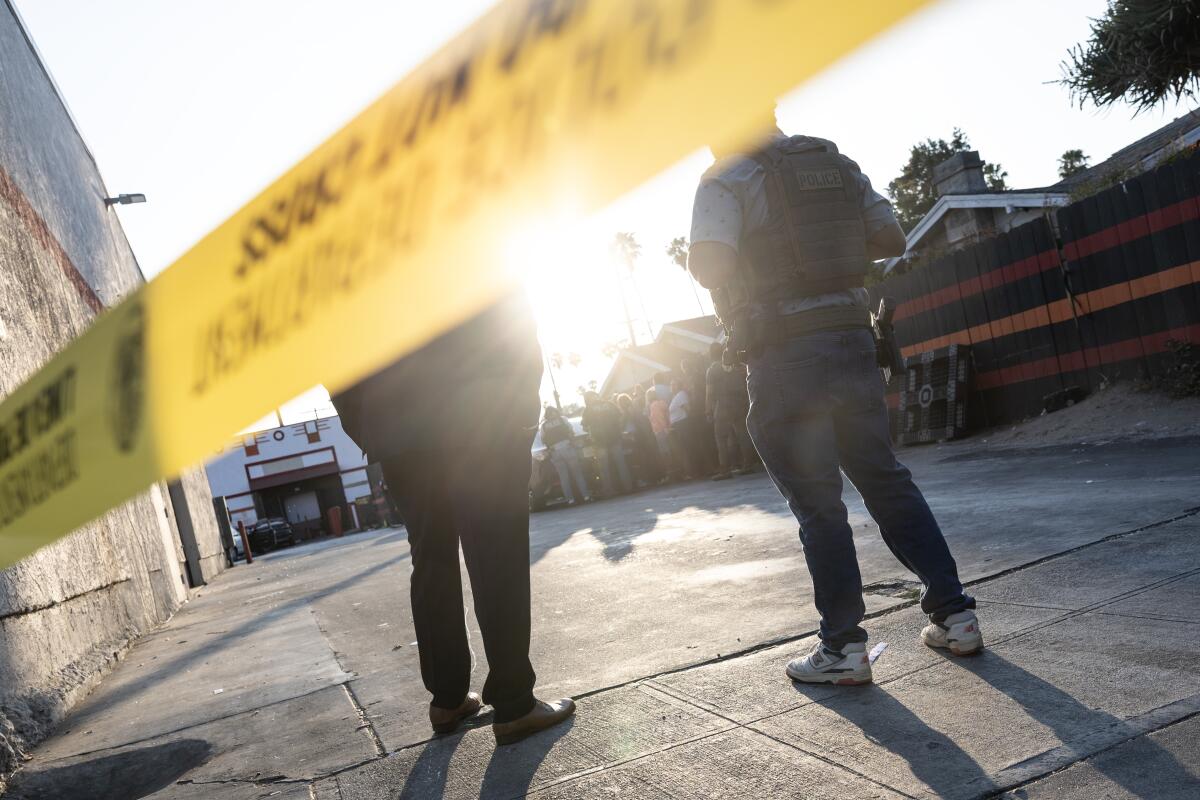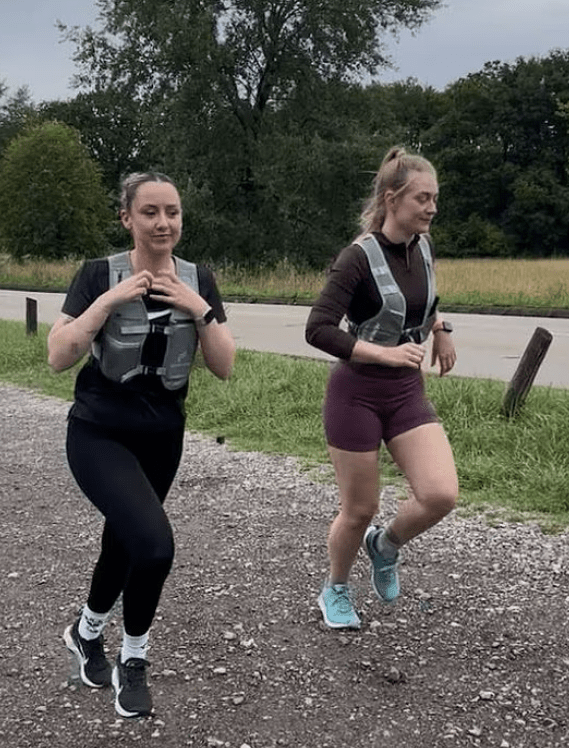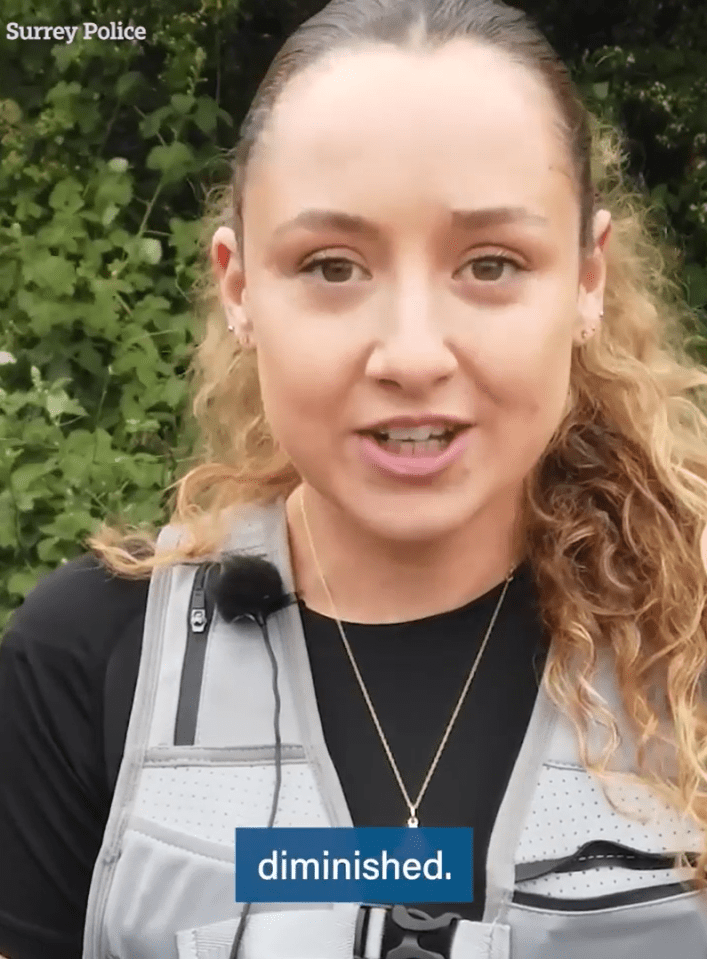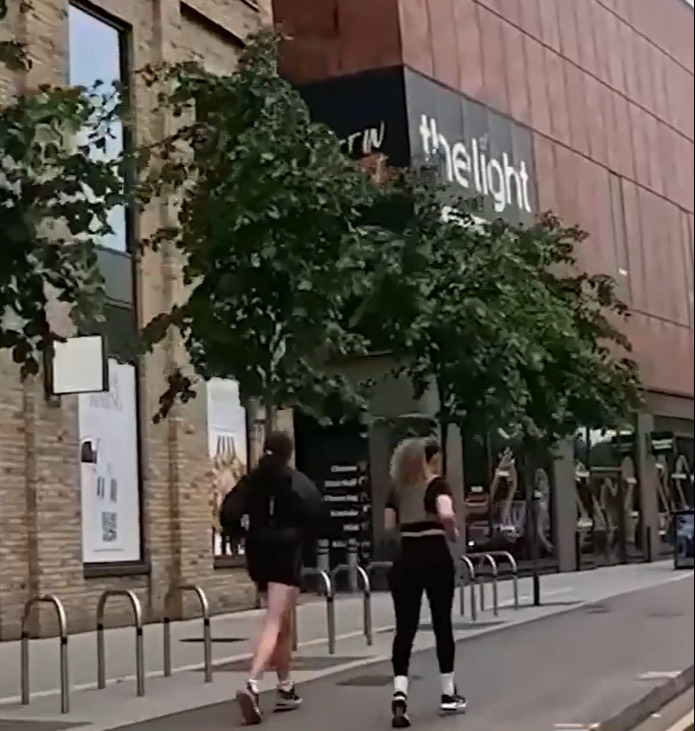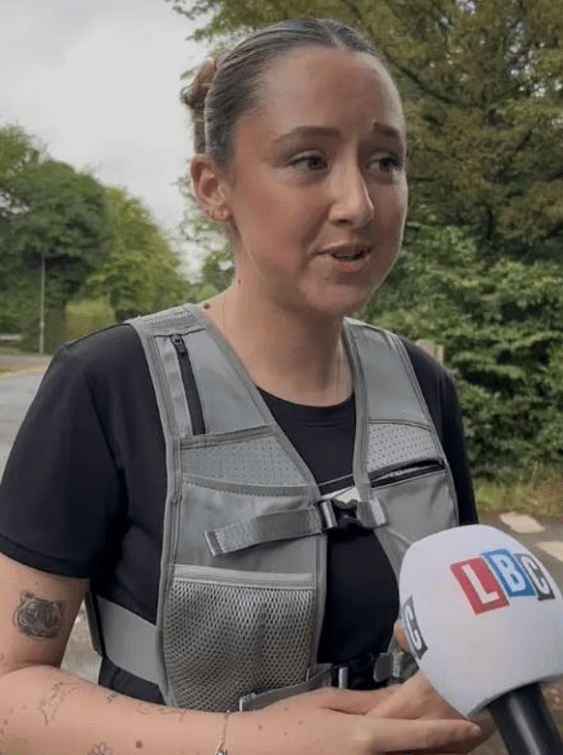Andras Rado, head of communications at Wizz Air, has opened up about the quiet checks boarding agents carry out when they spot a passenger who might’ve spent a little too long at the airport Spoons
Tipsy passengers are subject to a secret process to determine whether or not they should be allowed to fly.
Andras Rado, head of communications at Wizz Air, has opened up about the quiet checks boarding agents carry out when they spot a passenger who might’ve spent a little too long at the airport Spoons.
“We will be flying 75 million passengers this year, and so for sure we will have some issues. We have a procedure that is not known to passengers,” Andras told The Mirror.
“It is not a secret that we’re doing it—they just don’t know how we do it. The cabin crew screen passengers. They have certain criteria to watch, then they watch it. An example is how the passenger greets you back. Do they greet you back? There are signs that a person is already drunk.”
READ MORE: Wizz Air announces major change for passengers affected by flight delays and cancellations
If a passenger is judged to be too pickled, flight crews ask the captain whether they should be allowed to board. “The captain makes the final decision.”
When asked whether Wizz Air would support Ryanair CEO Michael O’Leary’s calls to introduce a two-drink limit at airports, Andras said: “I don’t think you can control how many whiskies people drink at the airport. Onboard we can control. If we see they are intoxicated, we stop serving them.”
The PR man also noted that Wizz Air is less impacted by drunken, disorderly customers than some other airlines. “We don’t have any problems with passenger diversions. We don’t have the same issue. It’s a different demographic. If you look at our London Gatwick–Jeddah flights, I spoke to a crew member on Wednesday, and she said how respectful our passengers are.”
The Mirror also spoke with a former Wizz Air pilot about how the process of stopping drunk passengers from boarding typically unfolds.
“If they do not create trouble, sometimes it’s better to keep them drinking. Some passengers may become unruly if they want to drink. It doesn’t apply if they show up already drunk. It’s the captain’s call. I try to use common sense, but I never experienced any pressure from the company either way,” the pilot explained.
READ MORE: Heathrow Airport to demolish terminal and boost passenger numbers by 10 millionREAD MORE: Wizz Air warns new law will increase prices and create ‘absolute zoo’ at airport
Addiction specialist Martin Preston, from private rehab clinic Delamere, has explained why the effects of alcohol kick-in quicker and often stronger when drinking onboard a plane.
“The reason for this is not because the alcohol content is higher in drinks on the plane, but that alcohol is absorbed into your bloodstream more quickly, as a result of cabin pressure and lower levels of oxygen in your blood,” he said.
This means that consumers may feel more intoxicated than they normally would be if they were drinking on land. From sleep disruption to fainting, Martin has revealed what happens to the body when you drink on a plane – and they can really dampen those holiday highs.
